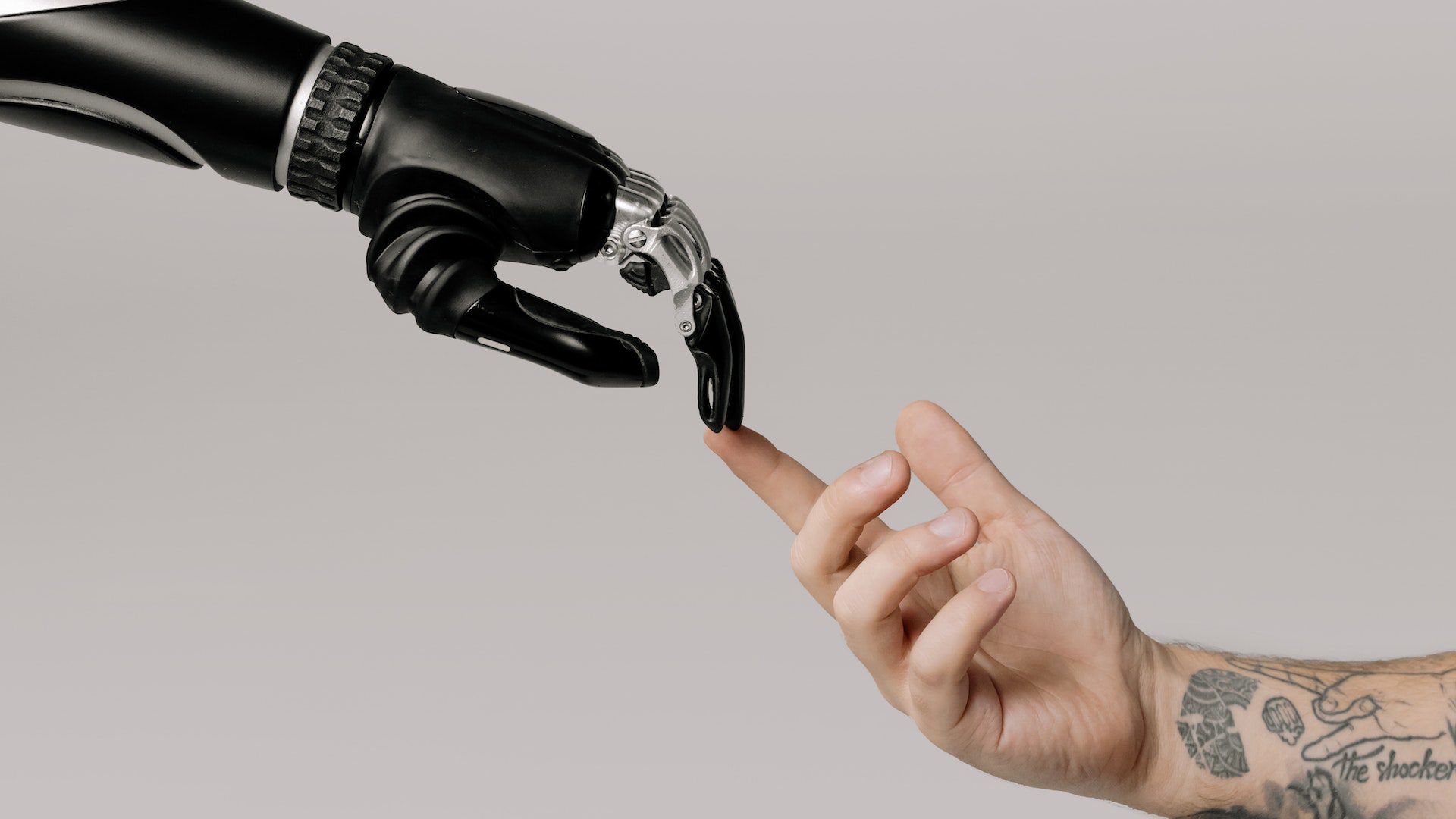AI has ushered in a new era of transformation and creativity for college life. As schools adopt AI technologies, they are changing how students learn, how teachers teach, and how managers run the school.
1. Enhanced Learning Experience
In the realm of learning, AI has emerged as a powerful tool for personalization—students’ learning paths can be personalized to their pace, style, and preferences. AI algorithms adapt learning courses based on student performance data, which ensures comprehension before going on. AI-powered tutoring systems can also answer questions and explain concepts in real-time like a personal teacher.
2. Efficient Administrative Tasks
AI’s influence isn’t limited to the classroom; it’s streamlining administrative tasks as well. Traditionally cumbersome processes like admissions are now automated, simplifying application reviews and decision-making. For example, student services can use AI to answer regular questions and free up employees, not only expediting operations but also enhancing the student experience.
3. Smart Campus Infrastructure
AI’s impact is also making campuses smarter and more environmentally friendly. Through data analysis, AI optimizes energy consumption, reducing costs and promoting sustainability. Additionally, AI-powered security systems enhance campus safety by identifying potential threats and anomalies. With real-time monitoring, campuses become more secure and efficient environments.
4. Revolutionizing Research
Research is also undergoing a metamorphosis through AI integration. This evolution impacts data analysis, which is optimized through swift AI algorithms. These algorithms play a pivotal role in scientific advancements and precise interpretation. The integration of automation further accelerates experimentation and propels progress. In the realm of cross-disciplinary collaboration, AI’s pattern recognition capabilities unveil concealed correlations. This cooperation between AI and human cognition changes knowledge, especially in college research.
In today’s reality, many students write college papers using artificial intelligence. Some trustworthy services like Edubirdie also offer to buy research papers no plagiarism with 100% of the content written by humans. The service also offers different types of work. AI’s ability to improve analysis and spark new ideas takes center stage in study papers. This partnership improves research efficiency, enabling student aspirations and discoveries. AI-human interaction provides college research with new perspectives and opportunities. It also addresses research paper plagiarism, preserving academic integrity.
5. Tailored Student Support
Student well-being is receiving a boost from AI-driven support systems. AI-driven therapy services can aid students with school or personal issues. Also, mental health support apps use AI to spot signs of distress and offer help and tools at the right time. This holistic approach enhances students’ emotional and psychological well-being.
6. Virtual Classrooms and Collaboration
The traditional classroom is evolving, with virtual reality (VR) playing a significant role. AI and VR together create immersive virtual classrooms, transcending geographical boundaries. AI improves teamwork by matching team members based on expertise. This technology equips students with valuable skills for the modern workforce.
7. Impact on Teacher Role
Contrary to fears of job displacement, AI is poised to redefine the role of educators. Rather than replacing teachers, AI acts as a support system. Routine tasks such as grading and data analysis are automated. This enables teachers to focus on creative lesson planning, mentorship, and fostering critical thinking skills.
8. Global Accessibility and Inclusivity
AI’s potential shines in promoting global accessibility and inclusivity. Language translation powered by AI breaks down linguistic barriers, enabling international collaboration. Also, AI-powered mobility tools help students with disabilities get the same chance to learn as everyone else.
9. Adapting to Rapid Technological Changes
Because AI is always changing, both college students and teachers need to be flexible and keep learning new skills. Lifelong learning becomes an essential mindset for success in the digital age.
10. Collaboration Between Humans and AI
The most promising future lies in collaboration between humans and AI. AI’s analytical prowess complements human creativity. When people and AI work together, they can come up with creative ideas that neither could come up with on their own. This symbiotic relationship sparks new ideas and pushes the boundaries of possibility.
Challenges and Future Considerations
However, the integration of AI into college life isn’t without its challenges. As AI systems collect and study a lot of data about students, there are a lot of worries about data privacy. Ensuring the security and ethical use of this data is paramount. Bias in AI systems can perpetuate inequality, requiring careful algorithm development and decision-making.
As AI becomes ubiquitous, preparing students for this technological shift becomes crucial. Integrating AI concepts into the curriculum fosters AI literacy and awareness. Students should not only know how to use AI tools, but they should also know what they mean for society. In this way, schools prepare students for a future where AI will be a big part of everyday life.
The future holds exciting prospects for AI’s role in education. AI will make lifelong learning the norm, allowing individuals to learn and change. Predictive analytics will guide students’ career choices, increasing employability. As AI evolves, its influence will likely extend beyond traditional academic boundaries.








